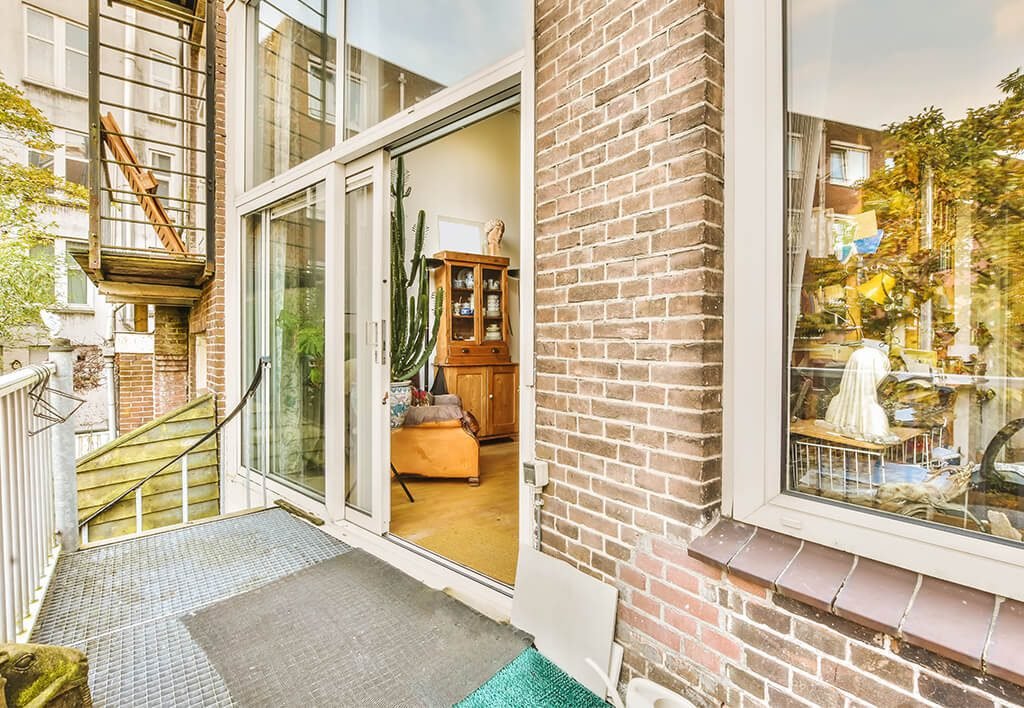Understanding the distinctions between rental types is crucial when looking for a new residence. This includes discerning the disparities between a condominium (condo) and an apartment. This simple guide aims to elucidate the critical variances between these two accommodation options.
Condominiums: A Private Residential Unit
A condo, an abbreviation for condominium, constitutes a privately owned residential unit available for tenant occupancy. The landlord, who is the private owner of the condo, typically situates it in a residential building or community. Although the landlord might serve dual roles as both the landlord and manager, physical proximity to the residential building may be optional, with the landlord possibly residing in another city or state.
Apartments: Standard Rental Properties
An apartment, in contrast, is a conventional rental property usually owned and managed by a property management company, but…not always. These units are located within residential buildings, complexes, or communities, much like many of our West Chester off-campus student rentals. Uniformity is prevalent among apartments with similar floor plans and designs in such settings. Property managers and leasing agents operate from a leasing office at the community’s forefront or within the complex’s lobby to assist residents.

Distinguishing Features: Condo vs. Apartment
While the visual aspects, rent costs, and lease processes may be similar between condos and apartments, four key distinctions set them apart: ownership, amenities, maintenance, and rules and regulations.
Ownership and Management:
- In a condo, the landlord owns and manages the unit and may opt to hire a property manager.
- Property management companies typically own and manage apartments, creating a more professional interaction for tenants.
Amenities:
- Condos may exhibit personalized touches as they are owned by individuals, leading to variations in paint, flooring, and kitchen appliances.
- Apartments usually feature uniform units and amenities such as pools, fitness centers, and parking, but they may need a more personalized touch found in condos.
Maintenance Handling:
- Condo tenants communicate directly with landlords for maintenance issues, potentially leading to longer resolution times.
- Apartments provide maintenance teams, often offering 24/7 emergency services for quicker resolution.
Rules and Regulations:
- Condos often have specific rules outlined by landlords and may be subject to Homeowners Association (HOA) regulations.
- Apartments maintain consistent rules for all units within the complex, detailed in the lease.

Choosing Between Condo and Apartment: Considerations
Selecting between a condo and an apartment involves personal preferences and priorities. Condos offer a personalized touch, while apartments may provide efficient 24/7 maintenance. Prospective renters should inquire about costs, amenities, maintenance processes, and rules from the landlord or property manager to make an informed decision.




